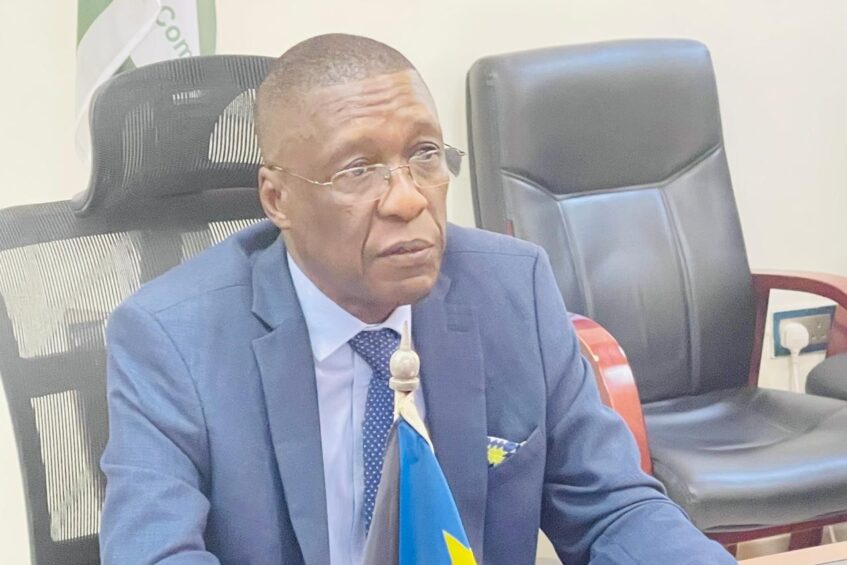
South Sudan’s 2018 Revitalized Peace Agreement is at risk of collapse due to mounting political tensions, unlawful detentions, and violations of the power-sharing arrangements, according to the Reconstituted Joint Monitoring and Evaluation Commission (RJMEC).
In a strongly worded quarterly report released Thursday, the RJMEC Interim Chairperson, Ambassador Maj. Gen. George Aggrey Owinow sounded the alarm, warning that the fragile peace deal is being undermined by unilateral actions from the Transitional Government and a deepening political impasse.
Among the most serious concerns raised is the continued house arrest of First Vice President Dr. Riek Machar, who also serves as Chairperson of the Sudan People’s Liberation Movement-in-Opposition (SPLM/A-IO).
The report indicates that several senior political and military allies of Dr. Machar remain detained, including key members of institutions established under the agreement.
“This situation is a breach of the very principles that underpin the peace agreement,” Owinow stated. “Political detentions, especially of top leadership, severely damage confidence and compromise the effectiveness of the transitional institutions.”
The report also condemned the unilateral dismissal of opposition officials without the required consultations stipulated in the power-sharing agreement. These include the removal of the SPLM/A-IO-nominated Minister of Health and the governors of Western Equatoria and Upper Nile states, as well as the South Sudan Opposition Alliance (SSOA)’s nominee in Jonglei State.
“These unilateral dismissals and appointments undertaken without the requisite consultations and/or consensus among the peace partners constitute clear breaches of the letter and spirit of the responsibility-sharing arrangements,” Owinow said. “They further erode trust and undermine the implementation of the Agreement.”
RJMEC has since written to the leadership of the Revitalized Transitional Government of National Unity (RTGoNU), urging immediate remedial actions to restore confidence and political cooperation.
The Commission also called on regional guarantors of the peace deal, including the Intergovernmental Authority on Development (IGAD) and the African Union, to increase diplomatic pressure on the parties to resolve what it described as a “persistent political and security impasse.”
“The regional guarantors must urgently invoke their high-level diplomatic leverage,” the report urged. “Without decisive action, the viability of the peace process is at stake.”
Despite efforts by regional actors, RJMEC concluded that little progress has been made. Dr. Machar remains under house arrest, opposition ministers and MPs are still in detention, and others have fled the capital or left the country altogether.
“The absence of direct dialogue between the leadership of the parties reflects deeper unresolved grievances and a serious lack of trust,” Owinow said. “This continues to hinder the implementation of the R-ARCSS at a critical time.”
With elections on the horizon, RJMEC stressed the urgency of restoring inclusive governance and honoring the spirit and letter of the agreement.
“Time is running out,” Owinow warned. “If these trends continue unchecked, the prospects for a peaceful transition will be severely jeopardized.”

